Frances Payne Bolton School of Nursing at Case Western Reserve University | Strategic Alliance Partners
Latest from Frances Payne Bolton School of Nursing at Case Western Reserve University

Researchers exam­ined whether there were differences in resource use at end of life between patients with advanced cancer who identified goals of care focused heavily upon survival versus those who identified goals of care heavily focused on quality of life.

Researchers tested a meditation app that addresses the work stressors of oncology professional healthcare providers.

Family caregiver satisfaction with end-of-life care is key to better understanding patient experiences.

For patient autonomy and personalized cancer care, shared decision-making for AYA patients with cancer is an important strategy.

The topic of spirituality has become increasingly relevant in oncology nursing dialogue, research, and practice, with an eye toward how best to assess and identify patients’ spiritual needs and then develop innovative clinical interventions to effectively address those needs.

Research has demonstrated that integrating palliative care early for patients with advanced cancer improves outcomes such as quality of life, mood, patient satisfaction, prognostic understanding, health service use, and survival.
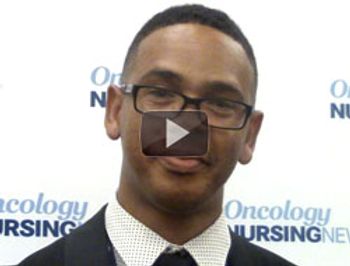
Norman (Carl) Swart, discusses the importance of palliative care for patients with cancer. Swart also comments on the importance of training nurses in this area.
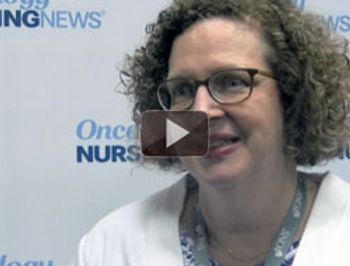
Susan R. Mazanec, PhD, RN, AOCN, Research Assistant Professor, Frances Payne Bolton School of Nursing, Case Western Reserve University, discusses a study that examined activation for health management in colorectal cancer patients and their family caregivers during the transition to post-treatment survivorship.

A new study has found that African American patients with cancer feel and describe depression differently than their Caucasian counterparts.

A new study funded by the National Institutes of Health (NRO14856), "Factors Influencing Cancer Care Decisions," is currently underway at the Frances Payne Bolton (FPB) School of Nursing at Case Western Reserve University (CWRU) and the Seidman Cancer Center at Case Medical Center. The study focuses on the complex practice of shared decision-making in advanced cancer patients.

What group of our patients is diagnosed with a devastating illness in early childhood which gets increasingly worse with age and leads to debilitating pain which is both chronic and acute in nature?

To meet the complex healthcare demands of today's patients, healthcare professionals need to learn how to practice as members of an interprofessional collaborative team.

Palliative care is the new buzzword in the hospital environment.

Cancer-related lymphedema can result from the cancer or its treatment. It is an accumulation of protein-rich fluid in an interstitial space which may be the result of surgical resection, lymph node dissection, or radiation therapy
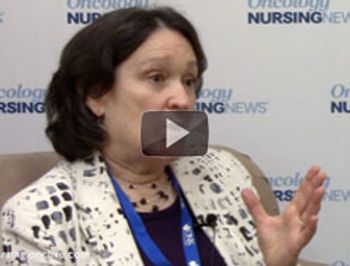
Sara L. Douglas, PhD, RN, associate professor, Frances Payne Bolton School of Nursing, Case Western Reserve University, discusses the importance of focusing on the caregiver of a patient with cancer.

The Benefits for Nurses of Using Psychosocial Cancer Registry Data
ByCarol G. Kelley, PhD, RN,Amy R. Lipson, PhD,Barbara Daly, PhD, RN,Sara L. Douglas, PhD, RN Registries, large databases of patient information collected in a systematic, standardized fashion, most often focus on biologic measures, such as pathology, radiology, and laboratory results, to track incidence and prevalence of disease as well as causative factors.
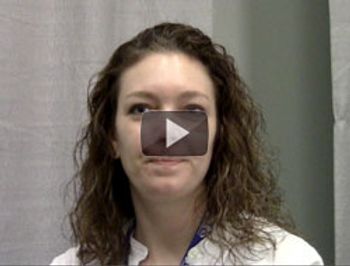
Lauren McCaulley, BSN, RN, OCN, University Hospitals Seidman Cancer Center, Cleveland, Ohio, describes ovarian cancer education at her institution.

Chemotherapy-induced peripheral neuropathy is a common side effect in patients with cancer and nurses are essential to helping patients to manage this condition.
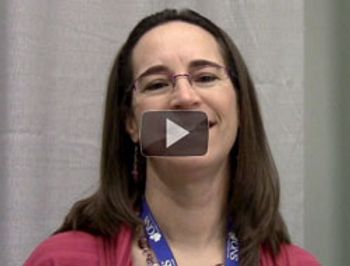
Anne Kolenic, RN, BSN, OCN, University Hospitals Seidman Cancer Center, Cleveland, Ohio, discusses the importance and implementation of end-of-life communication skills training for the oncology nurses.
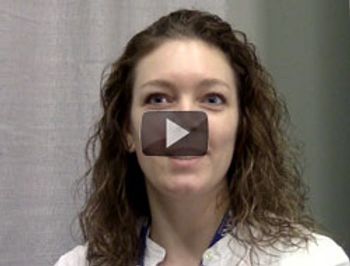
Lauren McCaulley, BSN, RN, OCN, University Hospitals Seidman Cancer Center, Cleveland, Ohio, discusses the changes needed to improve call light response at her institution.
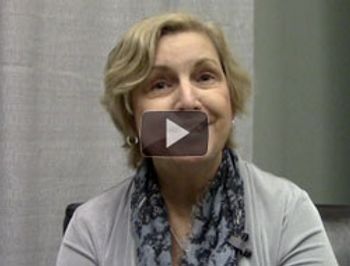
Polly M. Mazanec, PhD, ACNP, AOCN, FPCN, Assistant Professor, Frances Payne Bolton School of Nursing, Case Western Reserve University, discusses the challenges of palliative care in the ambulatory oncology setting.

Barbara Daly, PhD, RN, FAAN, and Helen Foley, MSN, AOCNS®, offer highlights of their institution's oncology and palliative care program, which successfully prepares graduates to assume advanced practice roles in these important areas.
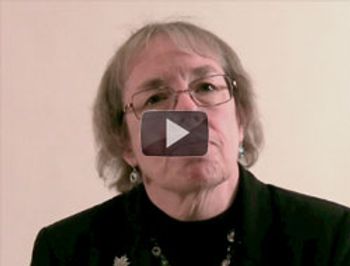
Barbara Daly, PhD, RN, from the Case Western Reserve University, discusses the feasibility of establishing a psychosocial data registry for patients with cancer.
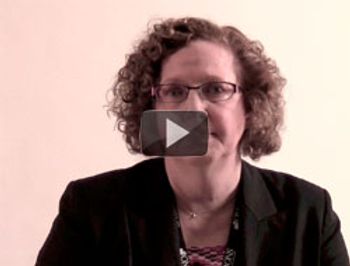
Susan R. Mazanec, PhD, RN, AOCN, from Case Western Reserve University, discusses the value of a patient-centric cancer registry that incorporate patient-reported outcomes.










